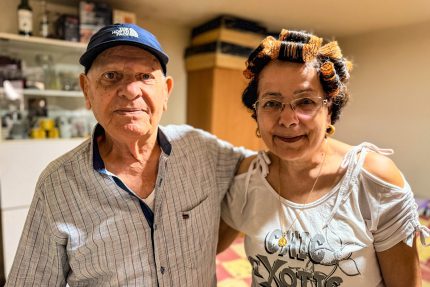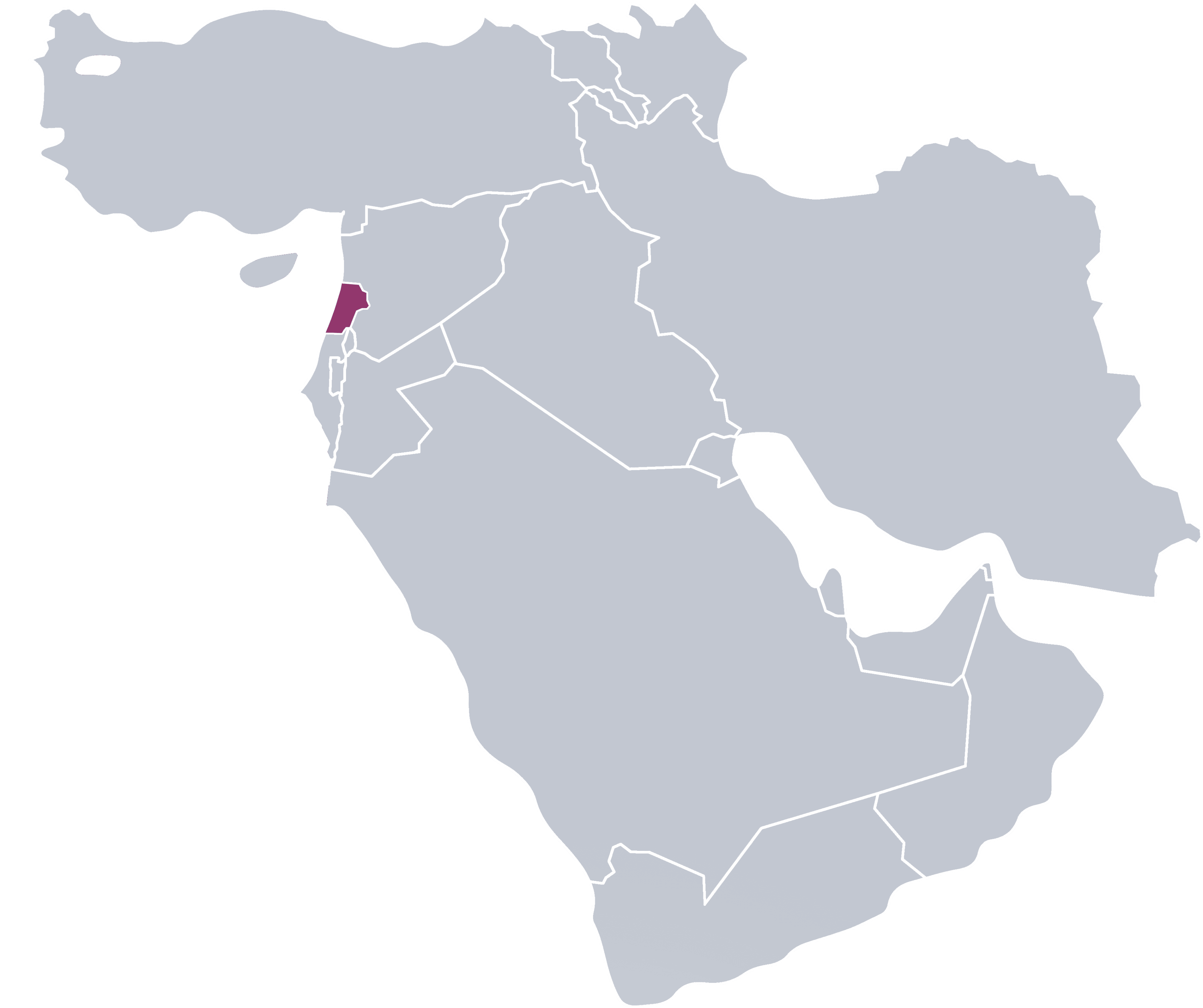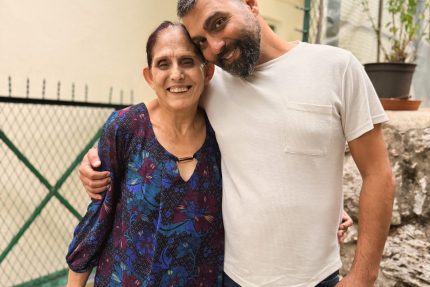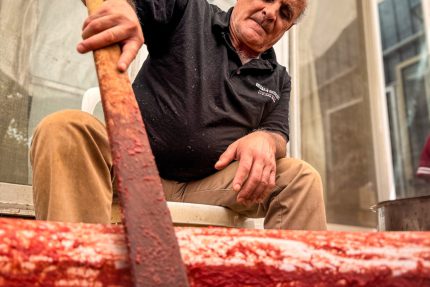We landed in Beirut in the middle of the night. The city, once called the “Paris of the Middle East”, looks deserted today. Against the cloudless night sky it is difficult to make out the outlines of tall buildings shrouded in darkness. Across the country, there is no electricity for an average of 22 hours a day.
“It was worse than bad, but now there are even more problems,” says Khadi, our driver. The situation in Lebanon forces us to find a new level in grading adverbs and adjectives. “It was very bad, but what do we call the situation now? 20 litres of fuel used to cost 50,000 before the crisis, today it costs 350,000 Lebanese pounds. This means that the minimum salary is enough for one full tank,” explains Khadi. The dilemma faced by lower-level workers is whether their salary will cover the cost of commuting.
Dr Elias Harouny, with whom we have been working since September, providing the poor and sick with medicines and basic food items, has created his own scale of those in need. – “Very, very poor”, “very poor” and “poor”. The first are the destitute; they cannot afford food, fuel, medicines, nothing. The poor, on the other hand, are those who have a job and a roof over their heads, but suddenly no longer belong to the middle class. 1100% inflation has driven them to the brink of poverty. Despite working hard, they cannot afford basic necessities,” explains Dr Elias.
The largest hospital in Jebeil, or ancient Byblos, Hôpital Notre Dame des Secours has no medicines, cancer patients across the country have no access to treatment and the prices of essential medicines have increased 10-fold in the last month alone. A box of paracetamol costs 74,000 Lebanese pounds. For an earner in US currency, that’s just $3, but for those drawing salaries in Lebanese pounds, it’s an expense comparable to buying luxury jewellery.
We are in Lebanon because our friends need us desperately. In the coming days we will take part in distributing Christmas parcels and tell you about our new ideas for reaching out to the people of a country engulfed in an economic crisis unprecedented in modern history.









